AGenC
Research project: AGenC – Automatic generation of models for prediction, testing and monitoring of cyber-physical systems
Research area: Machine learning
Funded by: Federal Ministry of Education and Research – BMBF
In cooperation with:
- Fraunhofer – Center für Maritime Logistik und Dienstleistungen
- Institute of Embedded Systems/ TUHH
- OFFIS – Institut für Informatik (Universität Oldenburg)
- VIVAVIS AG
- KALP GmbH
Associated partners:
Start of the project: 10.2022
End of the project: 09.2025

ABOUT THE PROJECT
Duration 10/2022 to 09/2025
Research area: Machine learning
AGenC is a grassroots project with a focus on information and communication technology (ICT) in cyber-physical systems (CPS).
Checking complex CPS during design and operation (testing), monitoring during use (monitoring) or predicting system behavior (prediction) is extremely time-consuming; this requires valid system models. However, subcomponents or systems of modern CPS are often only available as a black box. Models have to be created manually or are not available at all. There is a lack of quality metrics for the use and transferability of the models. So far, modeling has hardly been automated, so that testing, monitoring and prediction cause bottlenecks in the design. In various fields of application, there are incomplete isolated solutions that are only used in isolation despite standardization.
AGenC is developing a toolbox for CPS with uniformly usable methods and interoperable technology solutions: The central contributions are generalized interfaces for use in diverse application areas, novel model learners that are based on Adversarial Resilience Learning (ARL) on the one hand and combine discrete and continuous models on the other in order to simultaneously address relevant aspects from interpretability to accuracy of the models. Hard metrics are used to evaluate model quality, as well as to compare and extend different models, test case generators, monitors and predictors. The models are integrated into the applications in an interchangeable, comparative/complementary manner.
The TUHH is participating in the project with the IES and ITL institutes. The task of the ITL is to provide a test stand for localization systems for the reproducible generation of training data for model creation.


